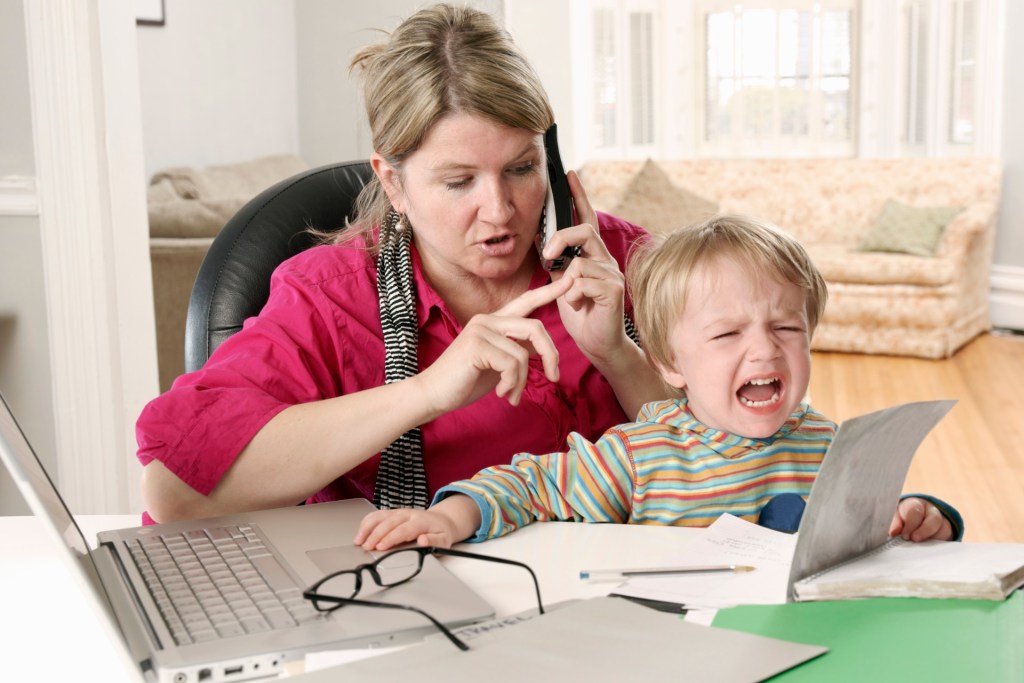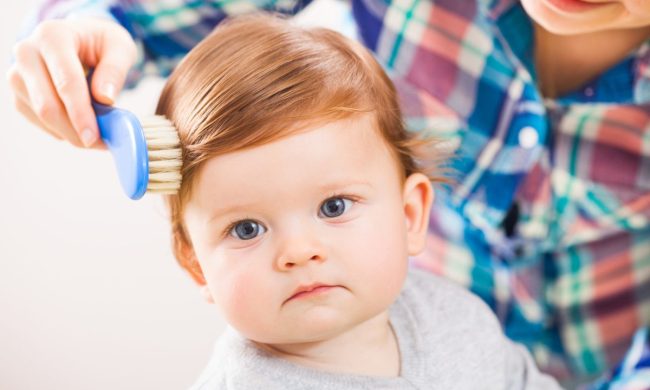Toddlers are generally in a period of exploration and experimentation. As a parent, you may see some of their actions as misbehavior. Nevertheless, parents need to know that their toddlers are trying to be independent as well as learning the skills to be such. Experts reveal that children will “misbehave” when parents’ expectations are beyond their abilities. Toddlers are in the stage of learning social skills, self-control, emotional regulation, empathy, and comprehension. Regardless, some of their behaviors do not pass as not being misbehaviors. Thus, parents are encouraged not to think that their toddlers are too young to understand rules and consequences, thereby letting them off the hook.
Imagine you are working at your home desk having a deadline to meet and your toddler son walks up to you with his favorite toys. He wants you to play with him. You calmly inform him that you cannot play for now, but you will play with him in less or about an hour. He then walks back, not too far, and starts crying profusely. How will you handle this situation?

Dealing with toddler misbehaviors requires correctional disciplines. As such, the rules and consequences implemented by parents for their toddler during their learning phase remains throughout childhood and adulthood. Inculcating disciplines in the right way without negatively impacting your toddler and their development becomes pivotal. This article will provide you four of the best ways to discipline a toddler.
It is evidently established that toddlers express their frustration through temper tantrums, since they may not have the words or proper language to communicate how they are feeling or what they need. When this happens, try one of these four methods (these disciplinary methods are in no order).
Ignore them
Quite harsh? Not so. The key to this method for disciplining your toddler when they start expressing a temper tantrum is to not engage it. Toddlers have tantrums as a result of their emotions having the best of them, and trying to use other discipline methods or talking with them may not work at that moment. However, be sure they are safe while you allow them exhaust their tantrum. At the moment of calmness, give your toddler a big hug with a huge smile and go on with the day.
It is noteworthy to mention that a toddler does not have tantrums purposefully except when they have learned that it is an easy way of getting your attention. Also, informing them that they are being ignored because of their misbehavior will breed the rule-and-consequence idea. Lastly, encourage your toddler to use words and not start a tantrum if they want something.
Distract and divert their attention
This method is really helpful in disciplining toddlers. It is a preventive measure, though all misbehaviors and tantrums cannot be prevented. Instinctively, parents scoop up their children and move them away from whatever potentially dangerous object they’re headed toward that may lead to an expression of frustration from toddlers. How about distracting and diverting their attention? This method should be considered mostly when safety is not at stake. You can call their name to grab their attention from whatever it is they are doing or headed. Then, you call them over to you once they are fixated on you and show them something else that is safe. A toddler’s attention can be distracted before they get upset and express a tantrum by offering other safe or interesting options.
Give them what they want on your terms
Disciplining your toddlers in this way helps your toddler learning process. It also reinforces the notion of rule and consequence. For example, your toddler is trying so hard to open a container of juice. You could yell at your child to put down the juice knowing that it may end badly. Instead, a better way is to inform them that you will open the bottle and pour them a glass while you choose to gently request and take the container from them. Lending a helping hand to your toddler reinforces your genuine love, so they know to ask for your help when they need it. But if you do not want them to have it, explain the reason for your decision.

Introduce consequence
Your toddler should learn the natural outcomes of their behavior — otherwise known as cause and effect. For example, if your toddler loudly insists on selecting his pajamas (which takes an eternity), then your child is also choosing not to read books before bed. In this scenario, the cause is prolonged PJ picking, and the effect is no bedtime story. Next time, your toddler may choose their pajamas more quickly or let you pick them out.
Conclusively, you have the best interest of your toddler at heart. Always end a discipline discussion with positive comments and remind your child that you will always love them.


